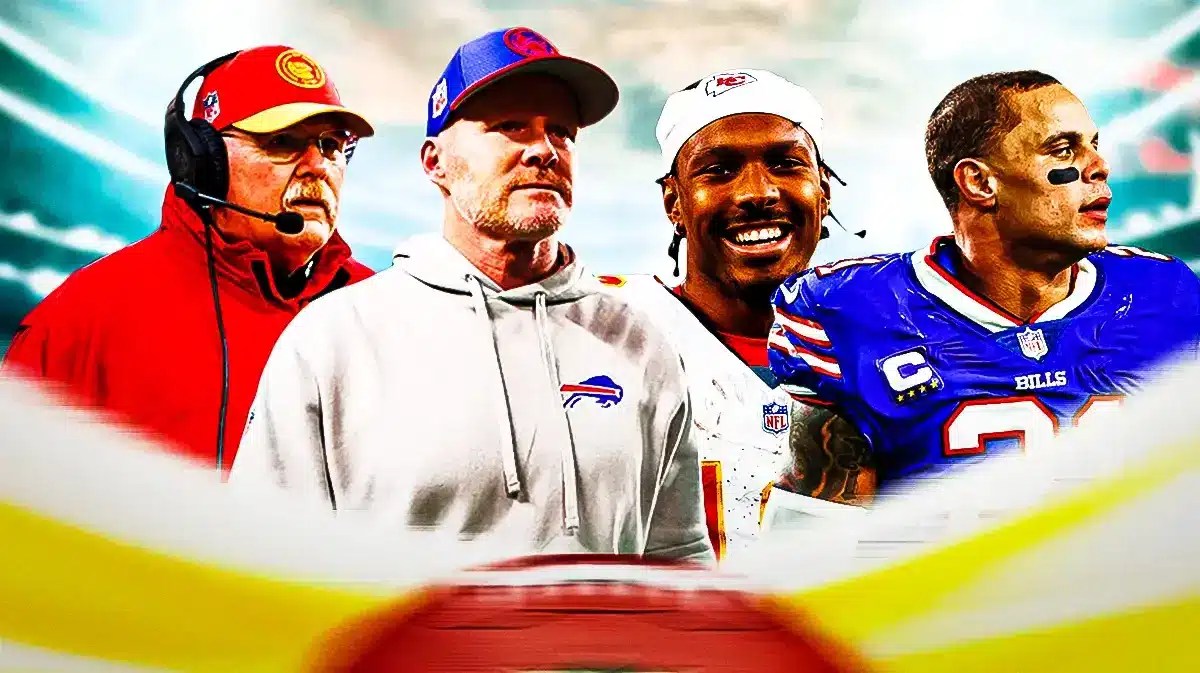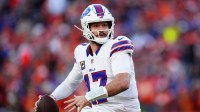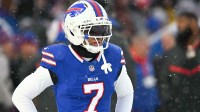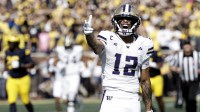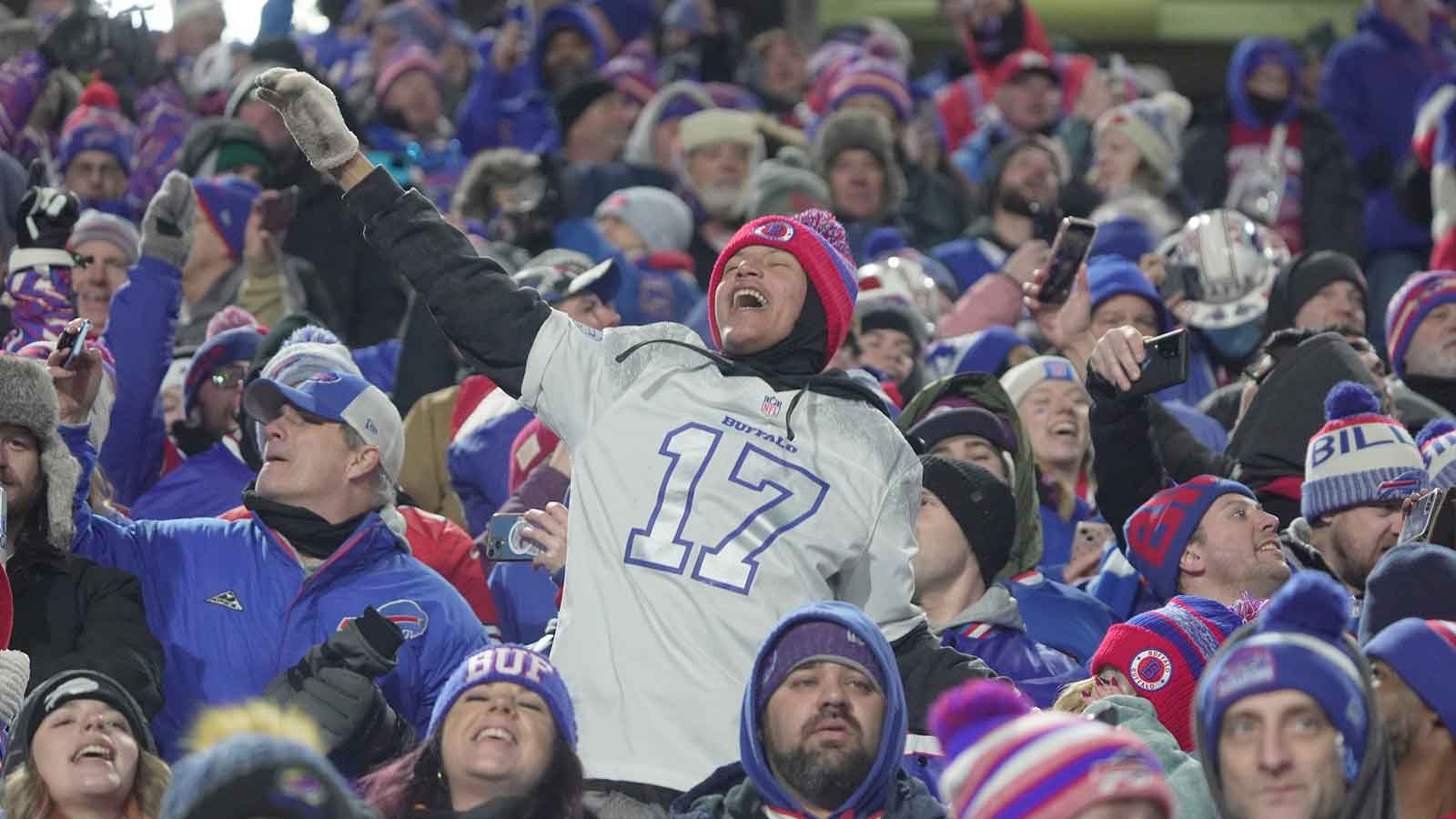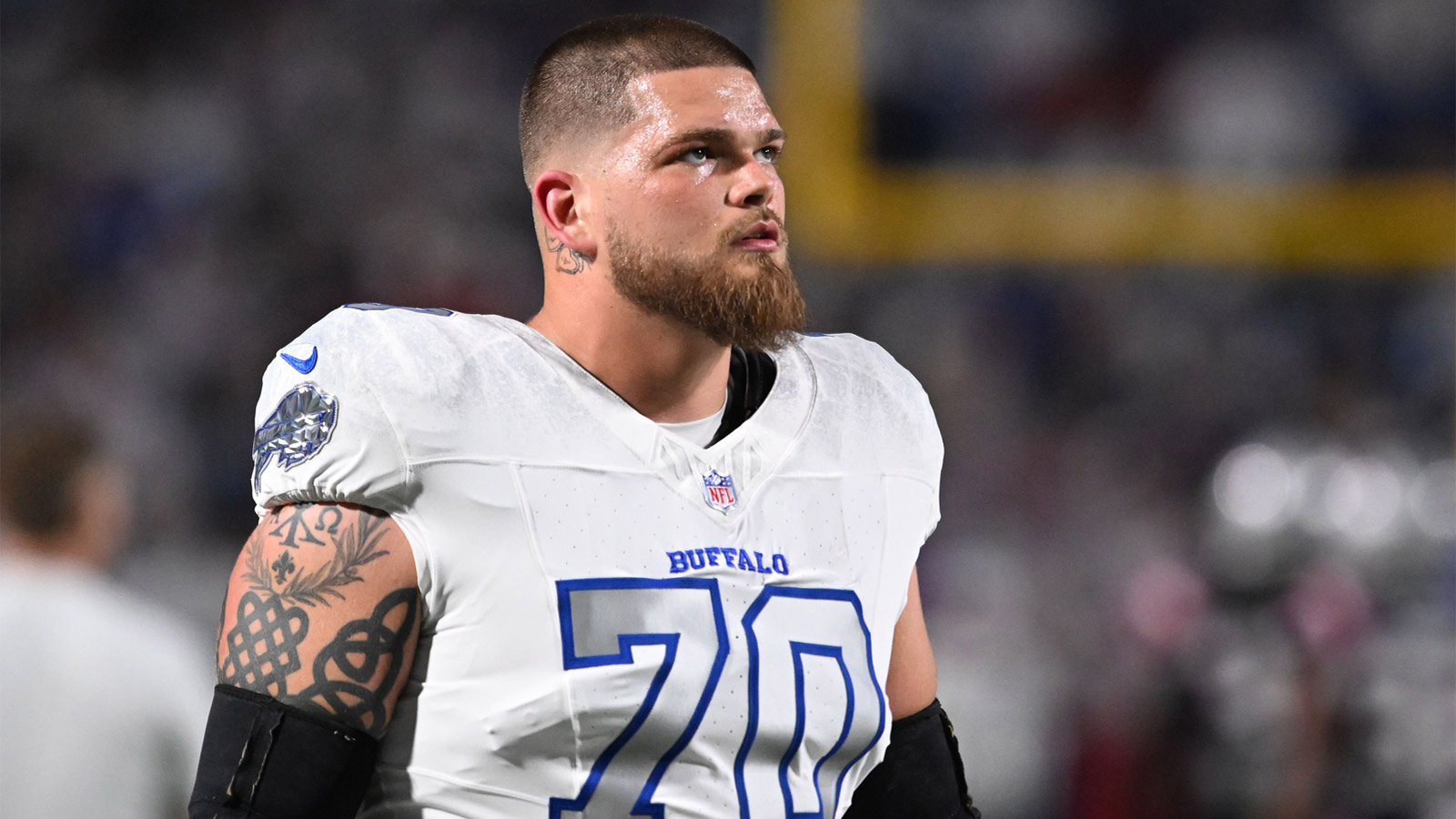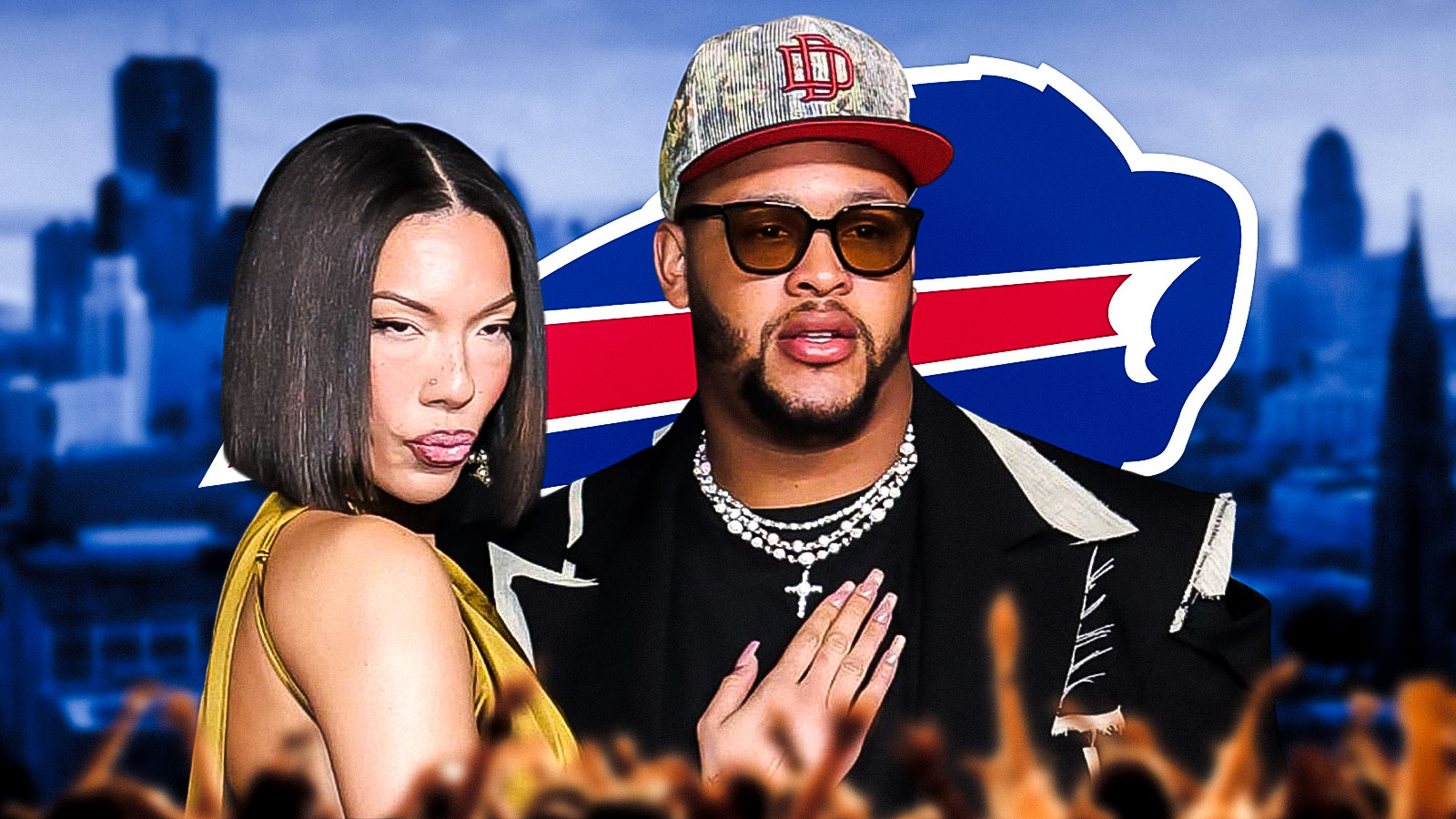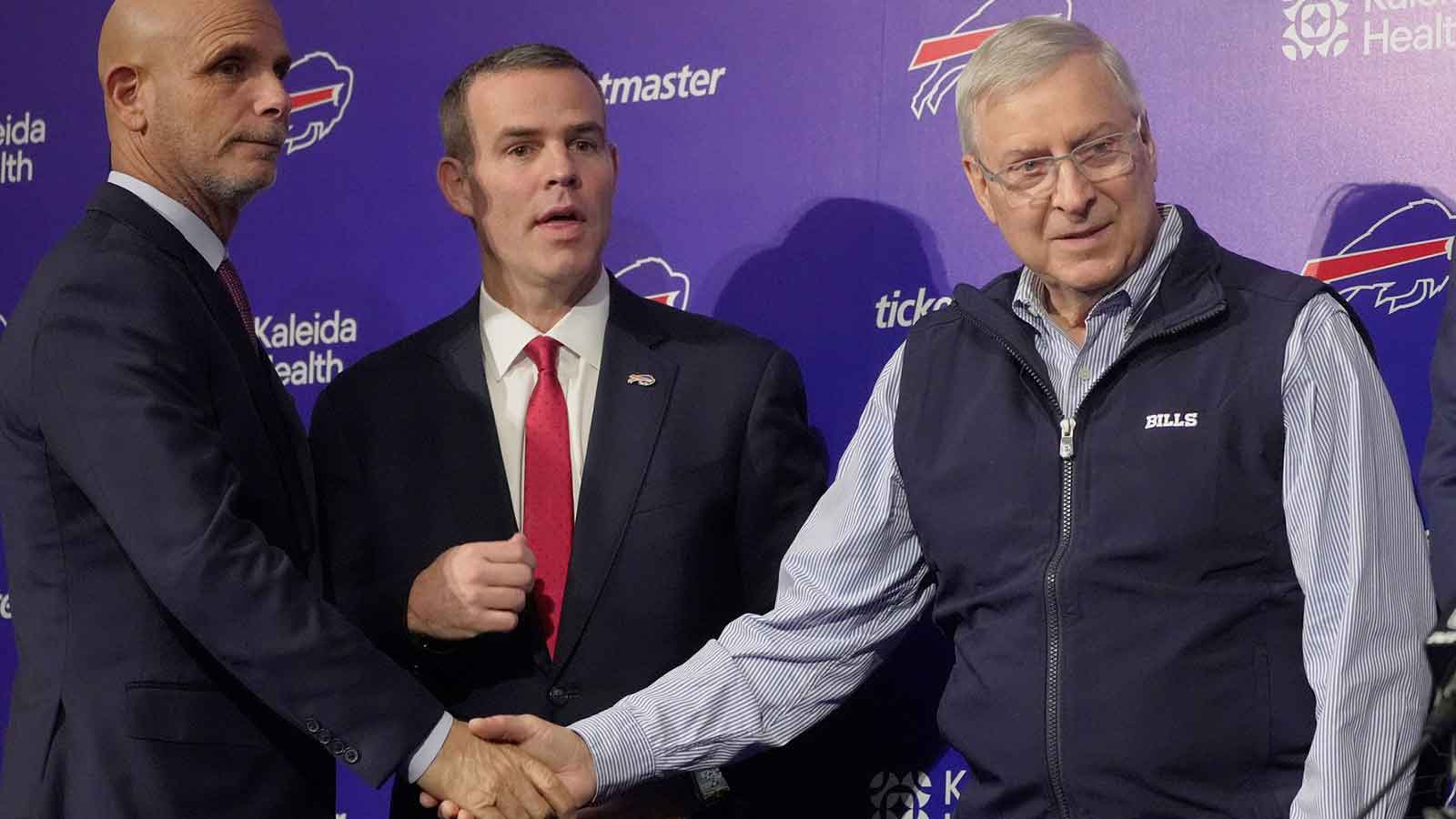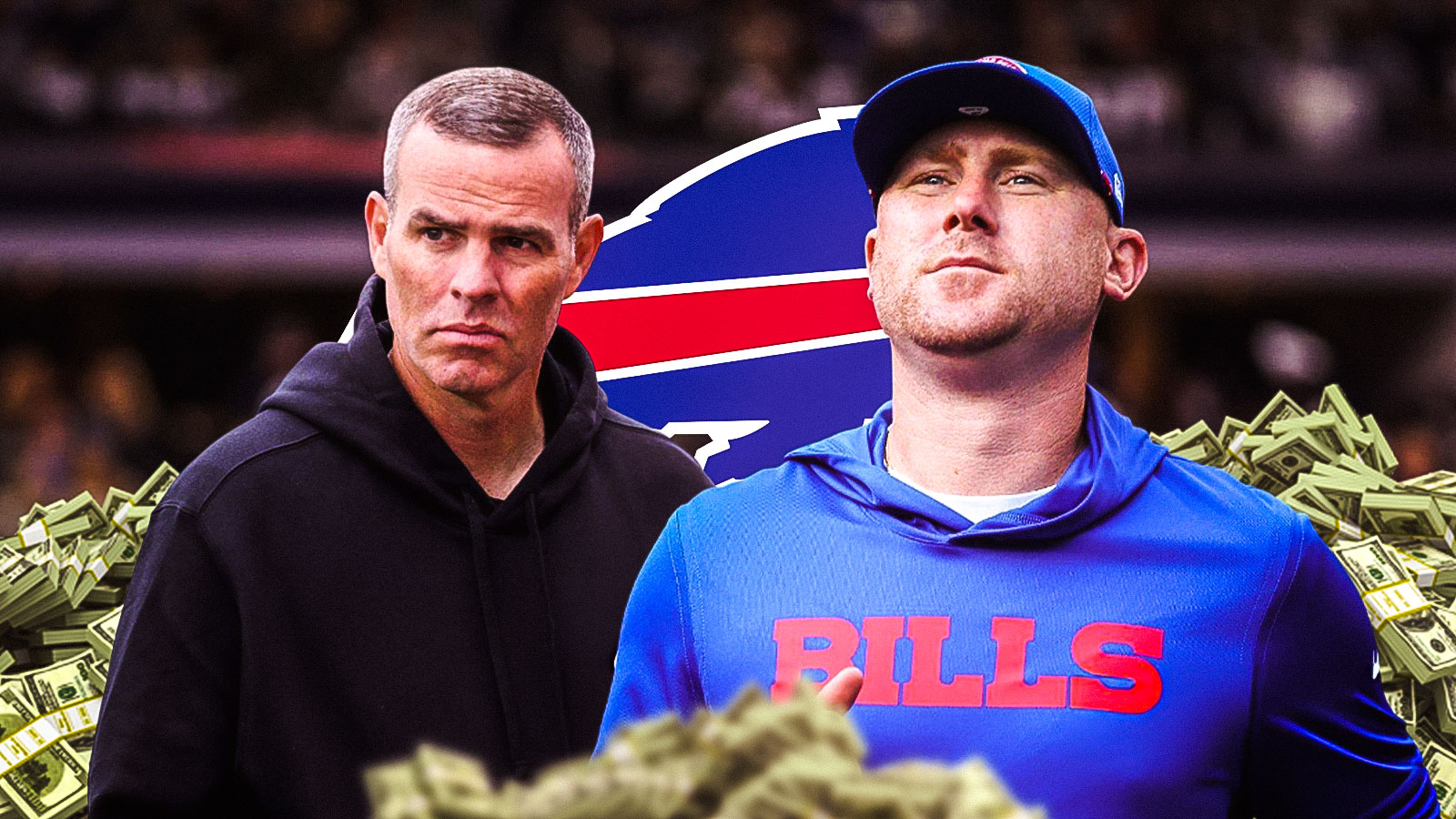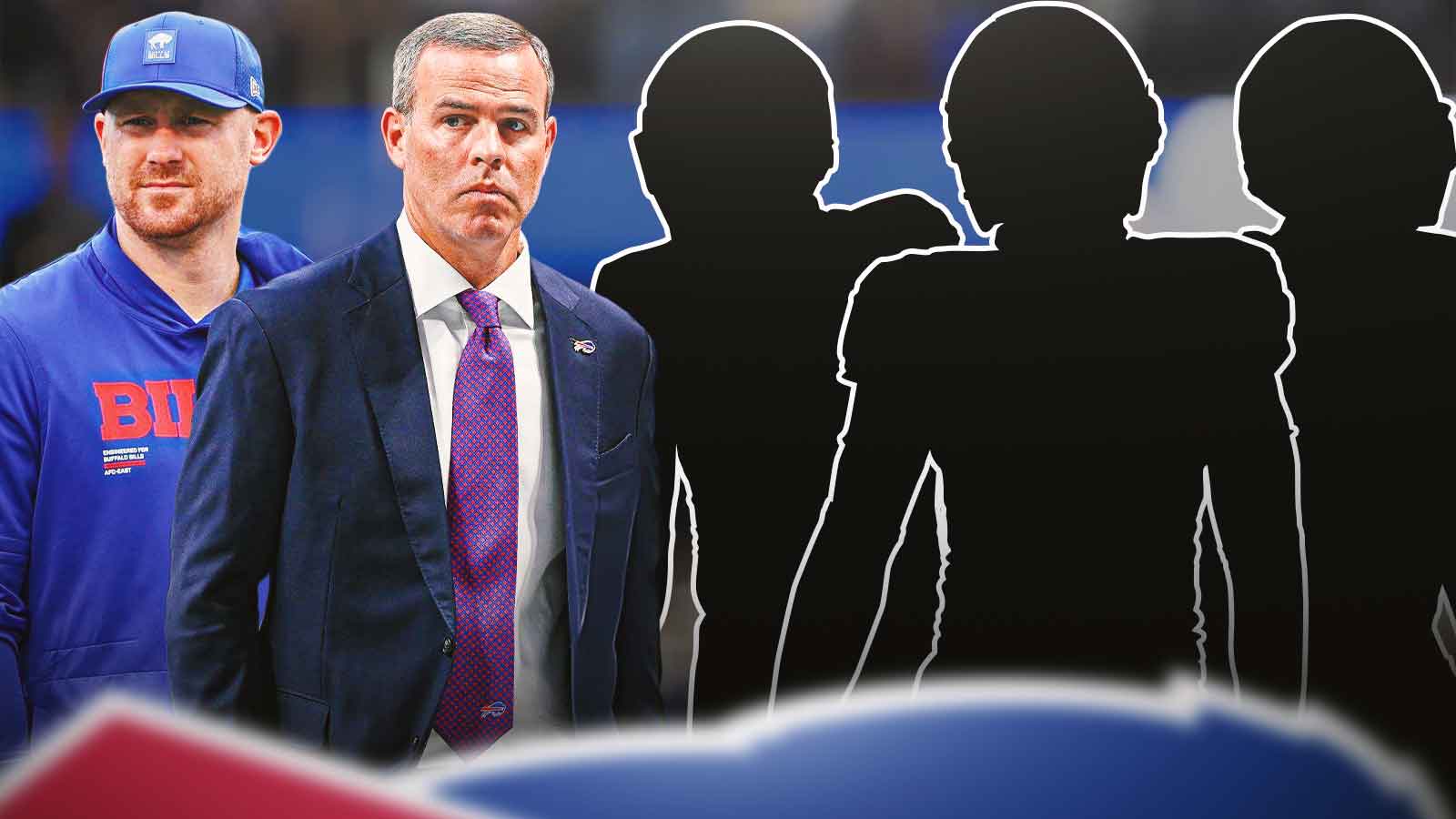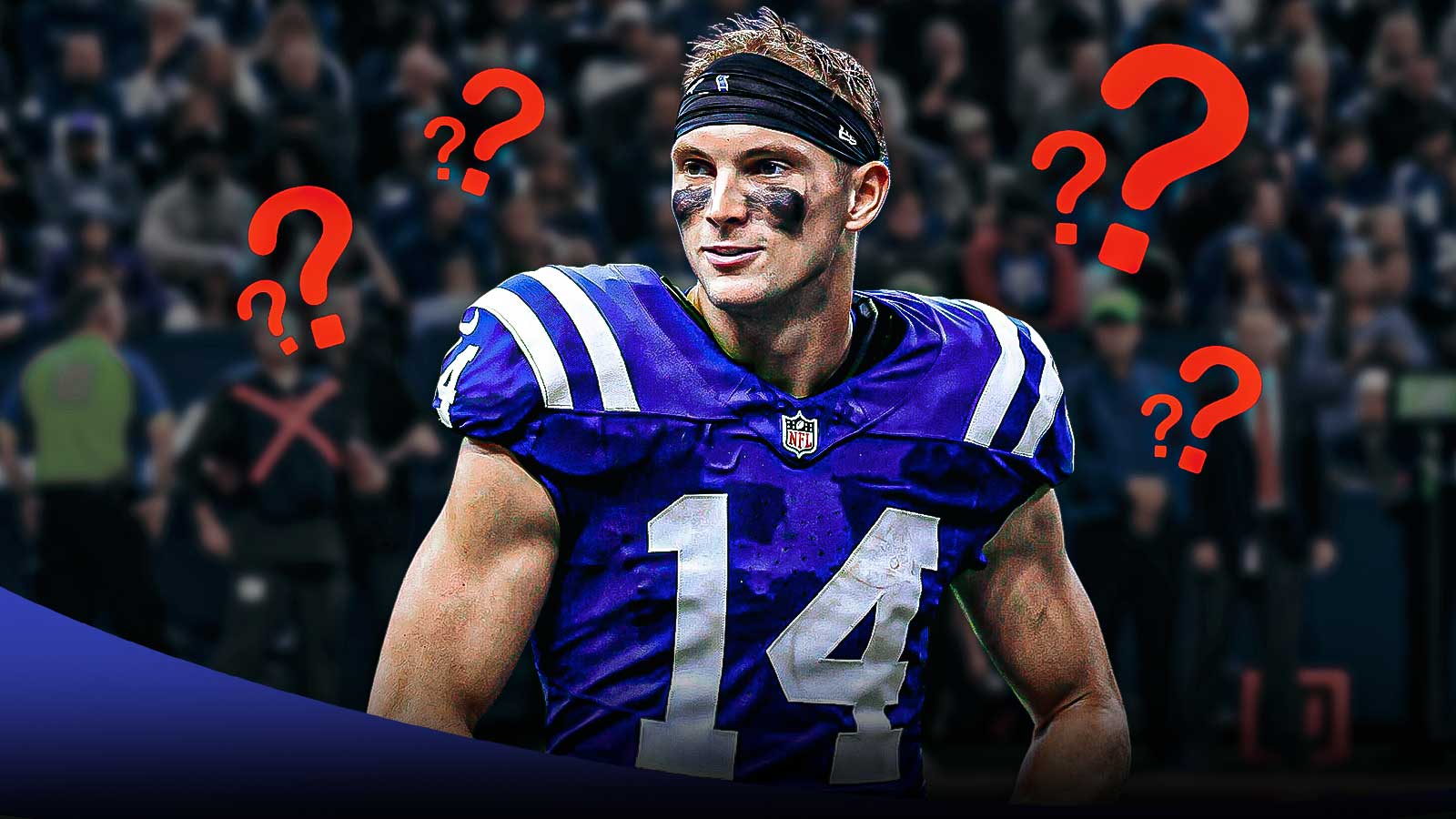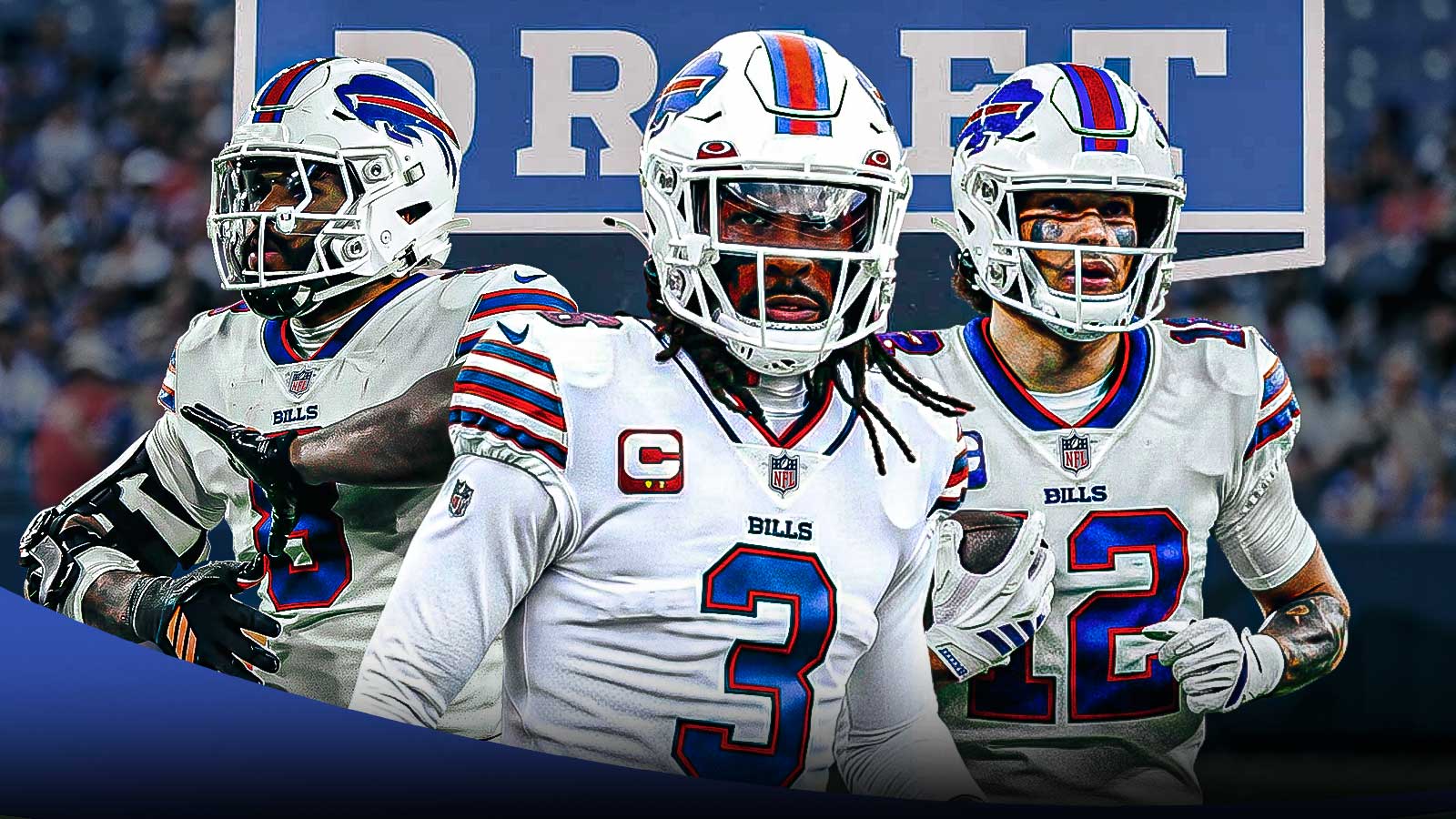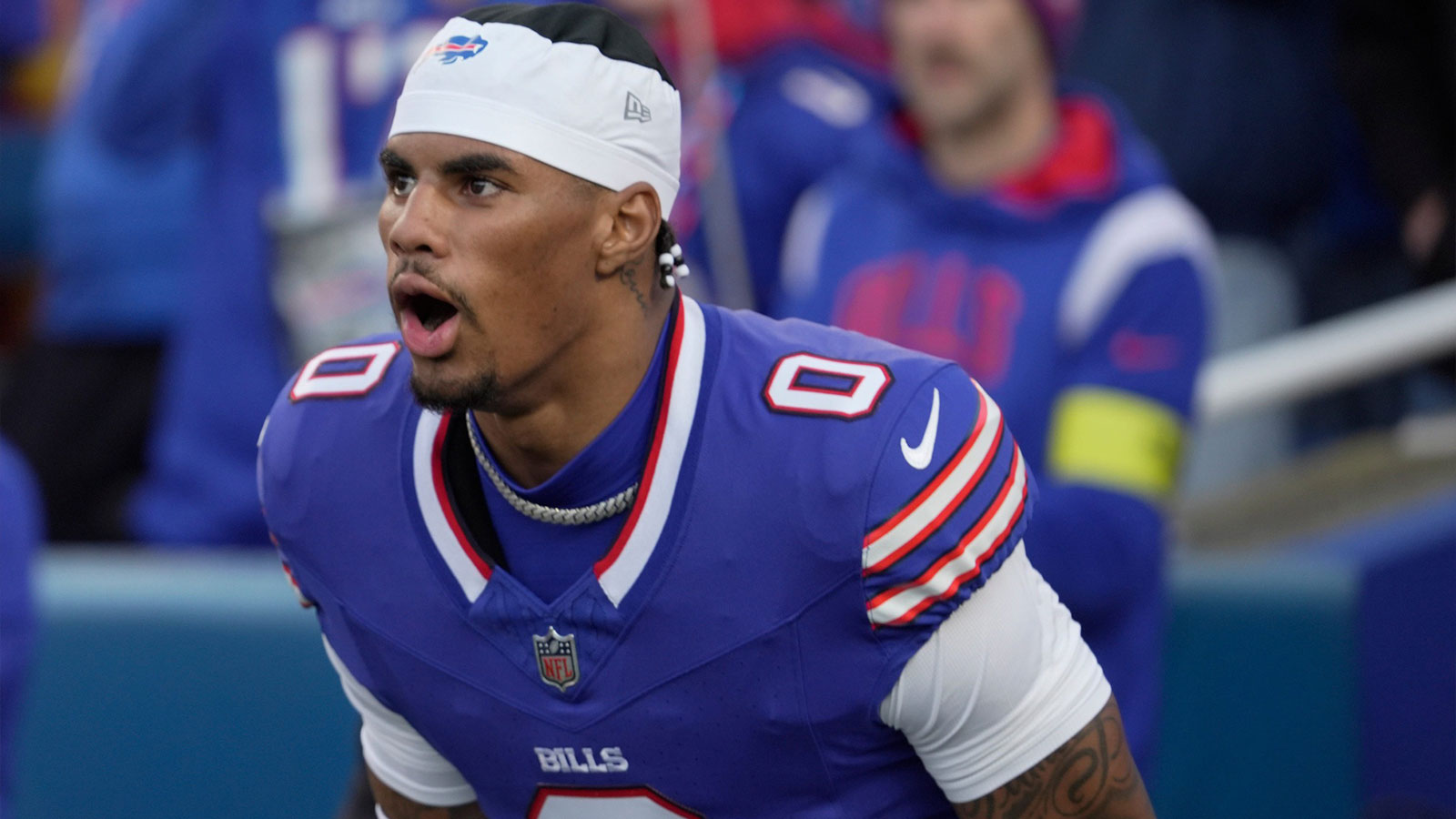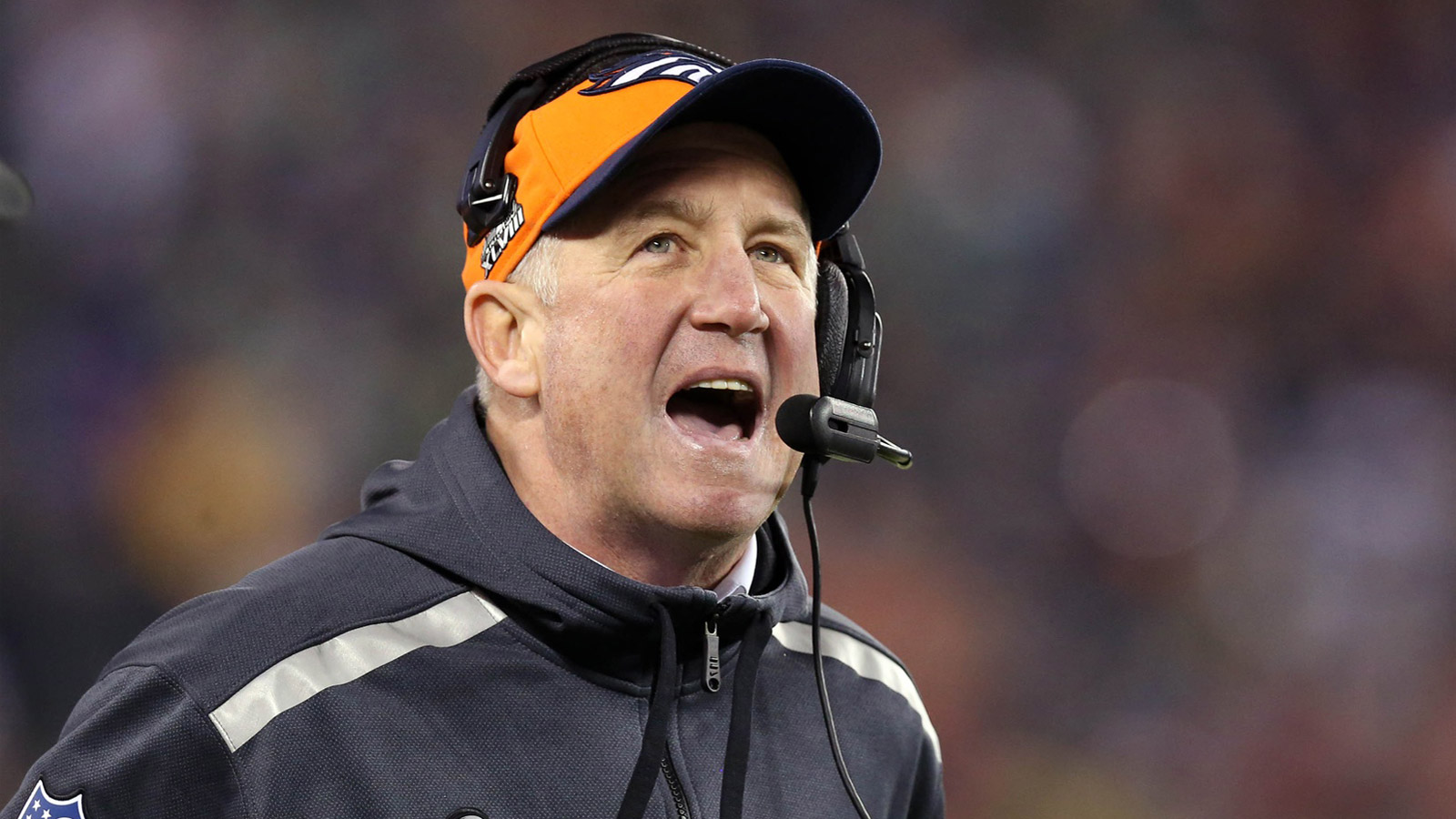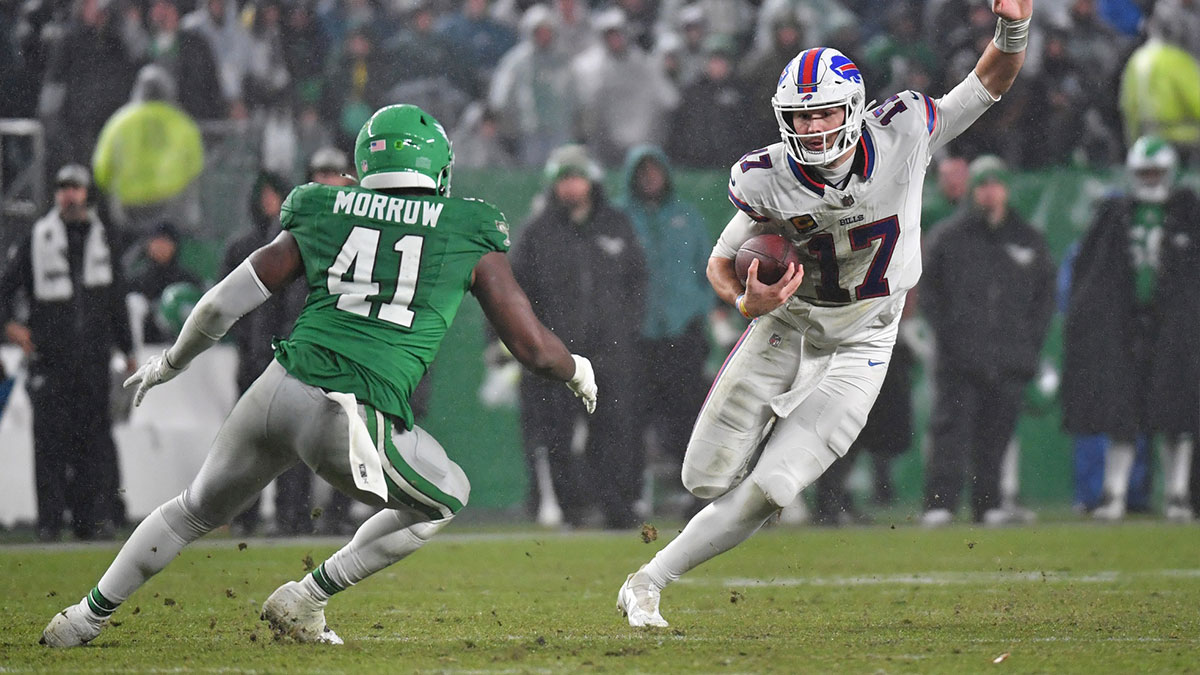Another season has ended in disappointment for the Buffalo Bills, who lost in the NFL Playoffs to the Kansas City Chiefs for the third time in four years. Buffalo kicker Tyler Bass received the brunt of the blame, as it was his missed field goal with less than two minutes left in the game that prevented the Bills from tying up the score.
But Bass' miss would not have been made possible without a controversial ruling that benefited the Bills earlier in the fourth quarter.
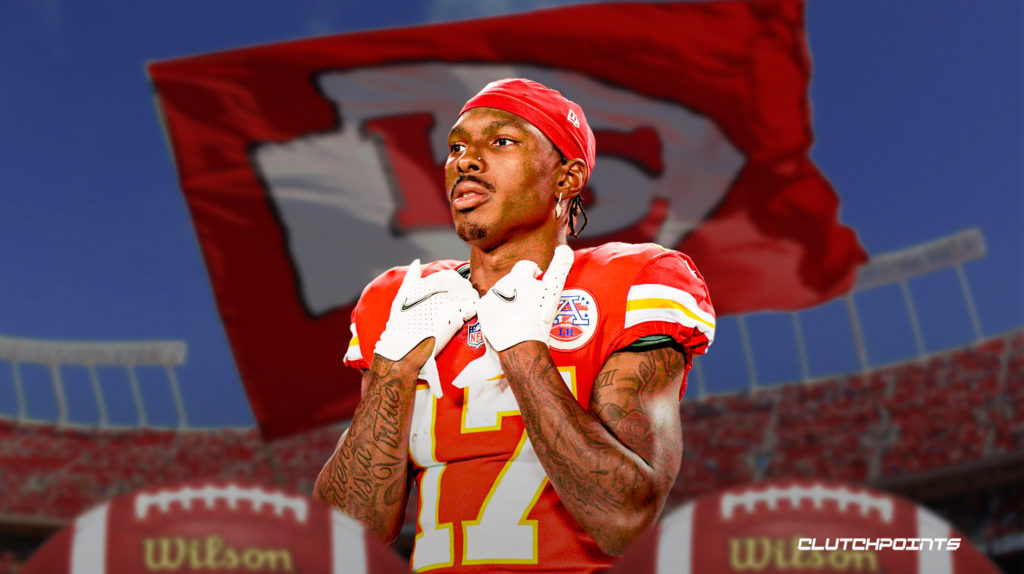
Extension and dejection
After an unsuccessful fake punt from Buffalo, the Kansas City Chiefs were threatening to go ahead by 10 points with a first-and-goal inside the five-yard line.
Chiefs wideout Mecole Hardman took the toss on the jet sweep from Patrick Mahomes and appeared to have a clear path to the end zone. But linebacker Tyrel Dodson tracked the play, grabbing and twisting Hardman's legs to bring him down short of the goal line. At the last second, safety Jordan Poyer came in and hit Hardman's hand, causing the Kansas City receiver to lose the ball. Many players thought Hardman was down as he extended to the goal line, and the ball caromed out the side of the end zone.
Replayed showed that the ball came free before Hardman was down and the fumble resulted in a touchback — meaning that Buffalo would receive possession at its 20-yard line.
Many feel this punishment is too harsh. A fumble that goes out-of-bounds anywhere else on the field results in the fumbling team receiving possession back at the spot of the fumble. Why should the end zone be any different?
But in a sport where possessions are valuable and turnovers change games, the fumble touchback rule is the perfect equalizer for the defense and a reminder of the hazards of trying to earn that extra yard.
Risk counteracts reward
How many sports give a team another chance immediately after failure? There is no other possession-based sport — not soccer, not basketball, not rugby — that lets a player take the ball out of bounds and retain possession. Only football. Possession of the ball is so crucial in football, so why should players be rewarded for fumbling the ball in the most critical part of the field?
When a team misses a field goal or does not convert on fourth down, they do not get the ball back. The same should hold true for a fumble that results in a touchback. The end zone is the promised land, the ultimate reward for a player on the football field. Few players make it to the opposing end zone during a game and the rules should be stricter to enter the end zone than picking up a first down or getting a big play down the field.
The risk-reward of extending toward the goal line highlights what football is all about. It is a game of inches, a battle, and when the end zone becomes near, every decision is magnified.
Kansas City Chiefs head coach Andy Reid did not blame the rulebook after the game, instead placing the onus on Chiefs wideout Mecole Hardman to make smarter decisions. “(Hardman’s) had so many big plays for us over time and on that play,” Reid said. “But you can’t reach out. He was trying so you give him the effort but we know you can’t do that down there because of that reason. You gotta protect that football. He’ll be better for that.”Hardman's poor choice nearly cost the Chiefs the game.
Removing the fumble touchback rule would take away the perils of diving toward the end zone and remove the decision-making process of players possibly risking it all to score. This all-or-nothing dichotomy is what makes football not just an exciting sport, but one that requires the highest level of strategy. This combination of physicality and strategy makes football the sport we love so much.

